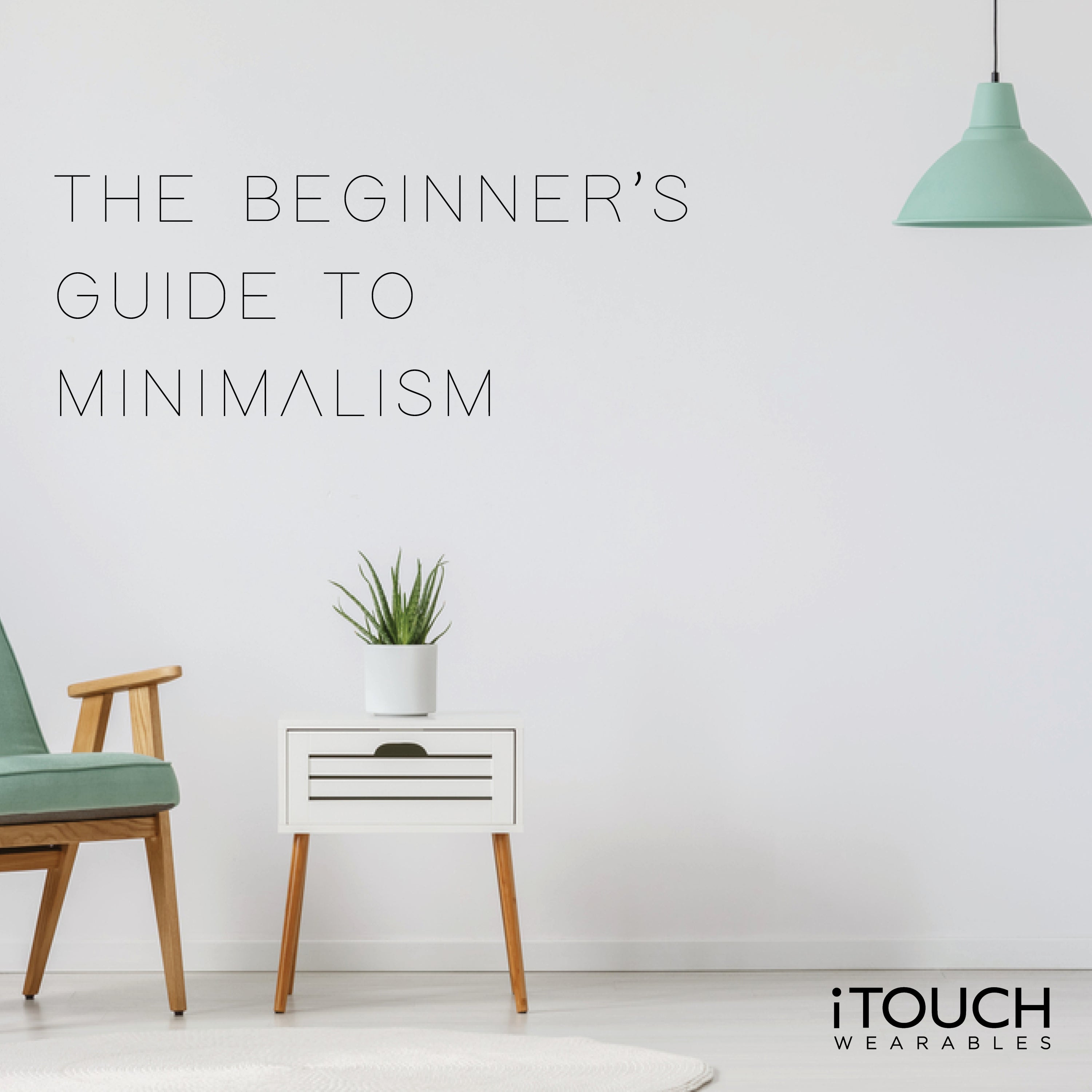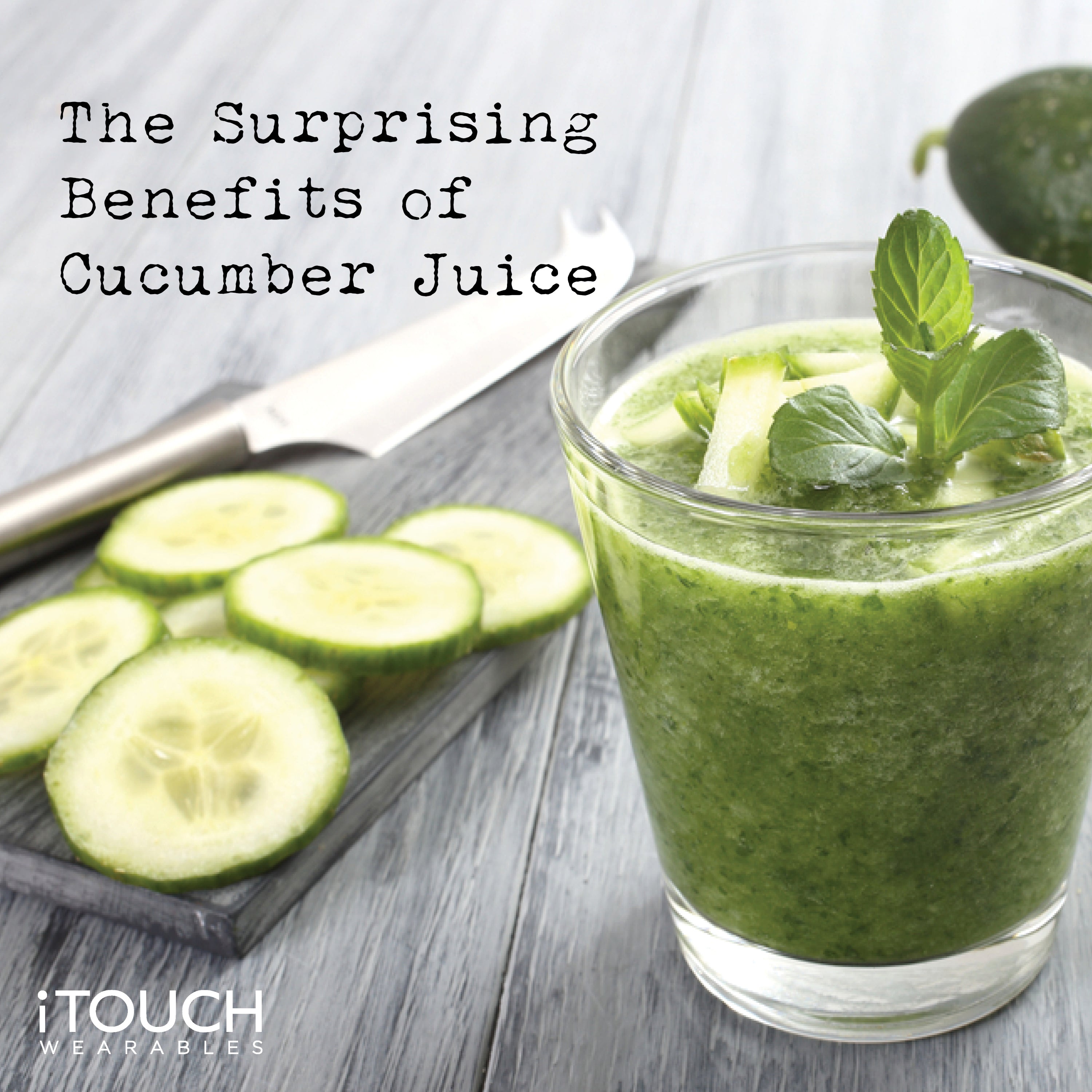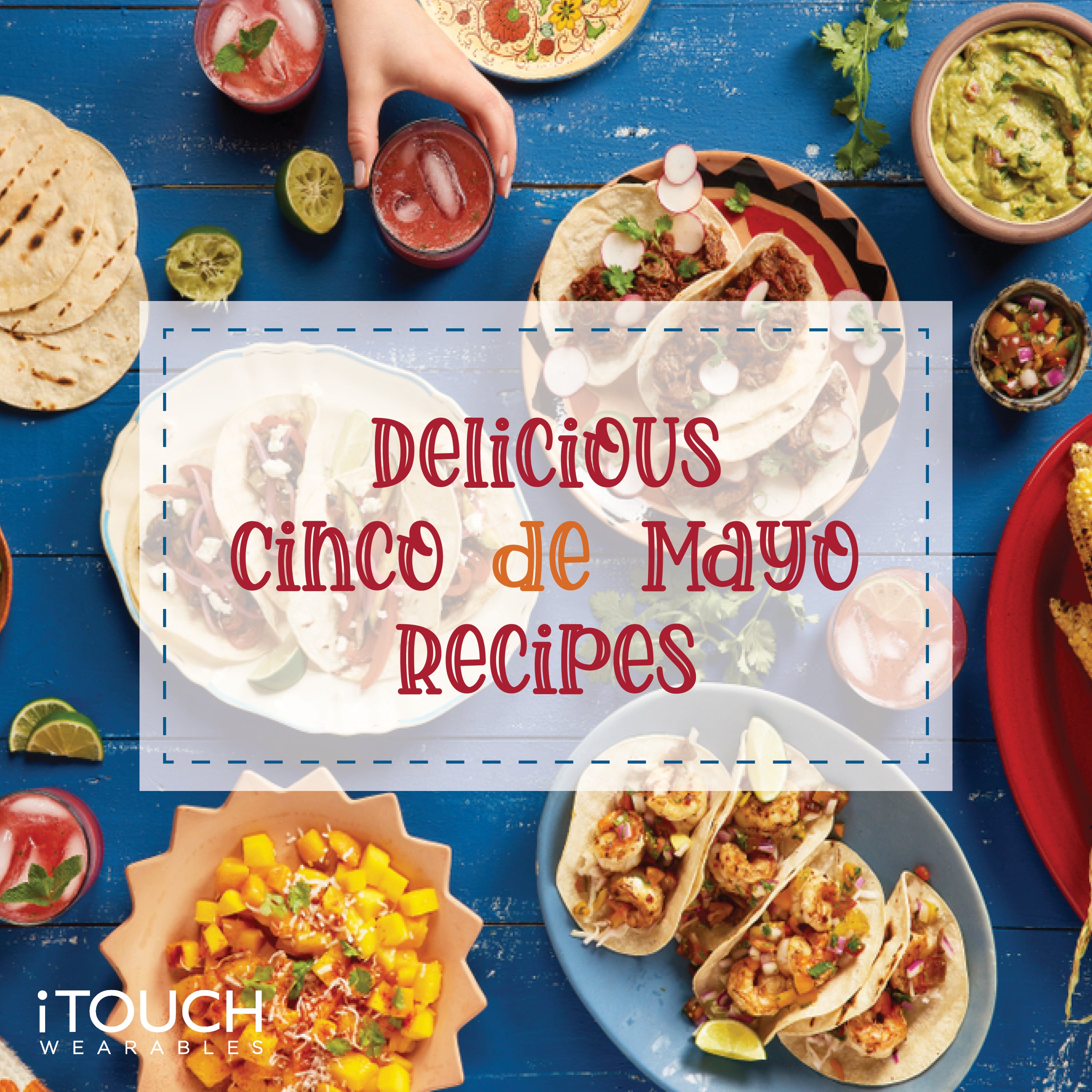
The Beginner's Guide to Minimalism
I was actually first introduce to minimalism, funny enough, by a group of two men who call themselves, "The Minimalists." Coincidentally enough, they are considered to be that almost of the gurus of minimalism, creating a company to help explore just exactly what that lifestyle entails. For them, they have defined minimalism as the following :
"Minimalism is a lifestyle that helps people question what things add value to their lives. By clearing the clutter from life’s path, we can all make room for the most important aspects of life: health, relationships, passion, growth, and contribution."
Simply put : minimalism is a way to declutter your space and spruce up your life and space. It is a movement that allows you to move away from your dependance on consumerism, allowing you to focus elsewhere instead of excess items that only cause stress, frustration, and annoyance. It is believed that through these practices and through simplifying your life, you will create a healthier and better well-being and mind. This doesn't mean that you cannot have items, it can actually mean the opposite. The "Minimalists" actually suggest that you use minimalism as a tool rather than a mindset of living with the least amount of items possible. If you want a car, go and get it. If you want to buy a house, then do so. Using minimalism allows you to make these decisions more deliberately and wisely.
What Is Minimalism?

To begin, when it comes to minimalism, it is important to know that everyone has their own view of what minimalism is and means to them. For starters, one can argue that someone who is single and 25 but practices minimalism as a different approach them a partnered, mother of two, who just turned 40. Their basic essentials and needs are vastly different from each other, but the main concept behind why the became minimalists may be the same. In truly defining what minimalism is, it is essential in knowing that it often contains two different practices that come with separate degrees : 1) the extreme declutters who focus on owning as little possessions as possible and 2) those who want to live less but set intentions to do so. It is said that those who fall into the first practice are the one's who are often the most recognized - being those who share their lives on social media and have made the practice a sensation. It is also argued that these people are the type of minimalists who are often too competitive or elite, an article perfectly summing up this argument:
"Basically, minimalism is largely something only well-off people can afford to pursue, because their wealth provides a cushion of safety. If they get rid of something, and then need it later, they’ll just buy it again. They don’t need to carry much else besides a wallet when they’re out and about; if they need something, they’ll just buy it on the fly. No sweat."
In seeing this article, it is also funny to note that the "Minimalists" have wrote on their page that minimalism is :
"quite simple: to be a minimalist you must live with less than 100 things, you can’t own a car or a home or a television, you can’t have a career, you must live in exotic hard-to-pronounce places all over the world, you must start a blog, you can’t have children, and you must be a young white male from a privileged background."
They themselves - who coincidentally are two white guys - understand the stereotype and stigma behind people who practice minimalism just like them, but they are heading to create a movement that focuses solely on the second type of practice - those who preach minimalism by setting the respectable intentions to do so. It is those who live their lives with the commitment in make healthier choices, not only for themselves, but for their families, friends, and anyone else who shares a passion for what they do. For the "Minimalists," it's about: "getting rid of life’s excess in favor of focusing on what’s important—so you can find happiness, fulfillment, and freedom."
Where Do I Begin?

When it comes to minimalism and the lifestyle, it can be tricky to figure out exactly where to start. As we have said, the lifestyle isn't about completely getting rid of all of your stuff and living with the bare minimum. It is also not necessarily about getting our Marie Kondo on and deciding what out of all of our things is the most precious to us. Rather for many, the process of becoming a minimalist and the act of decluttering helps them review their values and priorities, being able to fully understand how to make better decisions when it comes to your life. The focus goes onto not the importance of the item itself - but more so rather on the importance of why we have those items. When we just mindlessly declutter, we often think about the last time we used the item, or we even just might think about why the item is not important. But we often throw away items that we don't expect to actually use, and when we need it finally, we have to buy another - an a cycle continues. What goes into minimalism is setting that intention, understanding that being a minimalist contains to all aspects of one's life, solely being based on an intentional decision about what matters most to that person.
There are many ways to start becoming a minimalist and taking strides into adapting to the lifestyle. Here are some tips that we have found work for most people:
- Write It Down - Think about the reason why you actually want to become a minimalist. Is it because you are actually tired of all the clutter around you? Or is it more so because you want to live your life more peacefully and promote your wellbeing? Understanding your goal will help you realize exactly what your intention is. It will also help you be able to keep your goals align and keep you motivated through your transition.
- Discard Duplicates - I will admit, I am probably the most guilty of this - I have so many duplicate copies of CDs and records at home that I honestly realized are just taking up space. I realized though that there is no point of having exact copies. If you find yourself in a similar situation, try to declutter by discarding duplicates. Keep everything in a box for 30 days and donate after that time to ensure you actually do not need the items you are storing.
- Create A Clutter-Free Zone - Designate an area in your home that is considered a clutter-free zone. It can be in your kitchen, your bedroom, or your living room - whatever works for you. Clear a little space to motivate your minimalist lifestyle, then slowly begin to expand more and more if needed until you have a clutter-free room, or even a clutter-free house!
- Instill A Minimalist Wardrobe | Practice A Capsule Closet - Minimalism goes hand-in-hand with every aspect of your life, even fashion! Considering creating a capsule closet can be a useful tool in starting to practice minimalism.
Trying one of these steps and adding one more every month can be a great start in keeping up the practice and staying motivated. Even if it takes more than a year to do each practice, the benefits will pay off tremendously.
Benefits of Minimalism

When it comes to minimalism, there are numerous benefits that create a better mind, body, and spirit. Here are the benefits that we have found :
- Clarity of Mind - We don't often connect our possessions to our own mental health, but there are numerous studies that have shown that when we declutter and clear our spaces, we actually promote a healthier mind and well-being. Consider the following : when was the last time you took the time to go through your storage closet or extra bedroom and sort through all of the things you forgot were hiding in there? It may have been awhile, but how did you feel when you finally did it?
- Provides Us Freedom - Think about how many times we bought an item simply because we wanted to impress someone - do you even use them anymore? Getting rid of the useless items actually saves us money, saves us time, and provides us a sense of freedom from material possessions that do not matter to us. We would have more freedom to travel, to work, to do all the things that we wanted to do when we are no longer fixated on buying these useless items.
- Less Stress - Imagine coming home to a space that is clutter-free and constantly clean. You wouldn't have to worry about constantly cleaning up, wasting time on organizing your items and keeping everything at bay.
- More Self Confidence - When you clear out the unnecessary activities and items from your life, something unexpected happens - get this: a clear sense of purpose returns! You feel motivated to do what you’ve set out to do because your direction will become clearer.
These benefits are just the start to what minimalism as in store! If you are curious about the minimalist lifestyle, there are certainly many sources to look into! But definitely share with us whether or not you'll try out the minimalist lifestyle by tagging us on Instagram @itouchwearables and Facebook @itouchwearables. Also, be sure to check out our new articles published daily!
-Patrick


